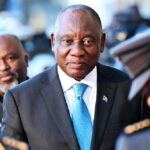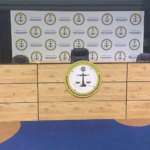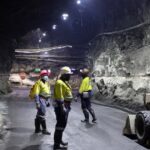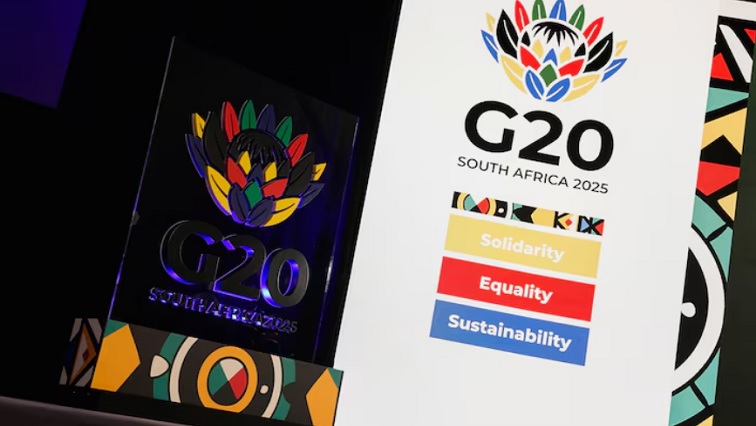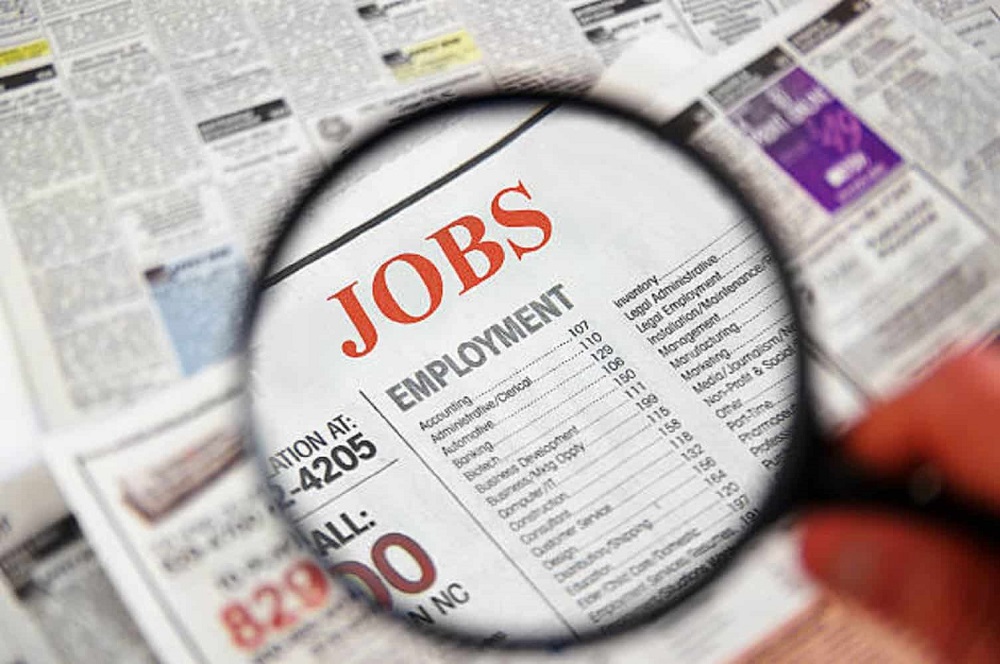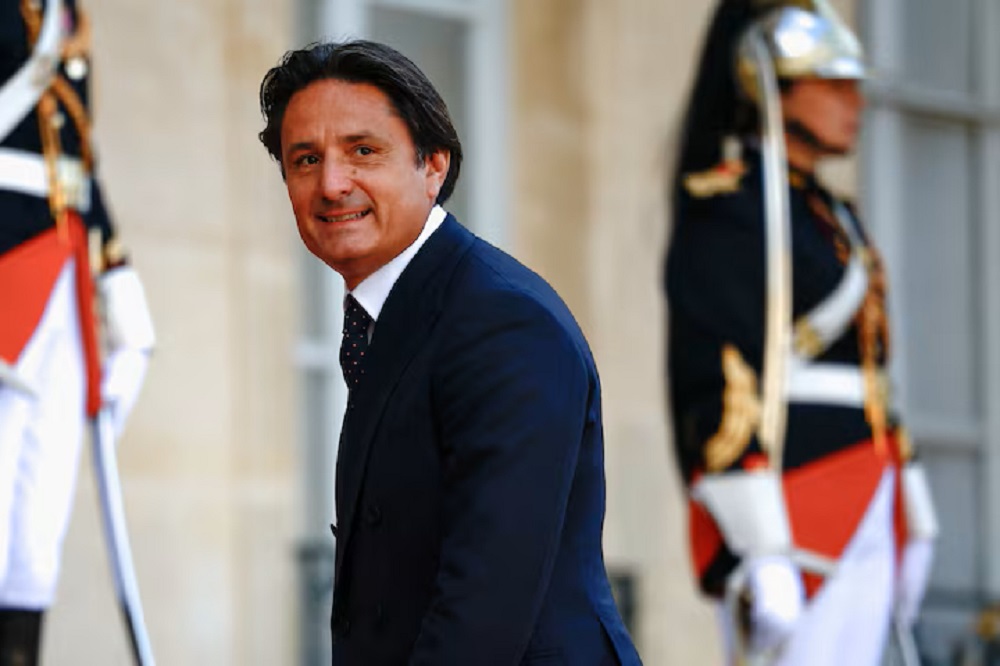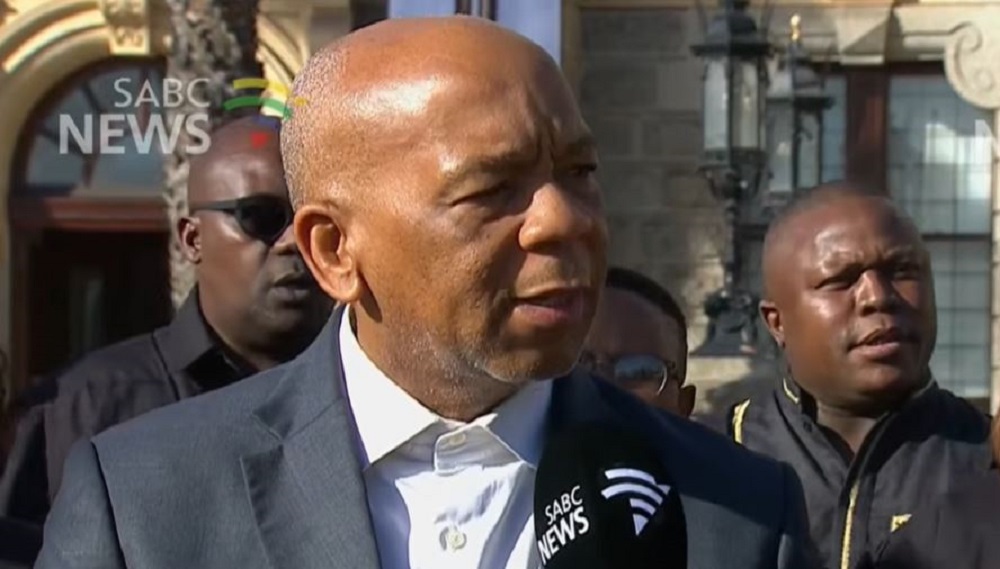-
The logo of the G-20 South Africa 2025 during a press briefing.
Gqeberha has hosted three G20 Working Group meetings this year. The first one was the Employment Working Group meeting in February, which tackled challenges around youth employment and the digital future of the workforce.
The second was the Digital Economy Working Group in April, focusing on connectivity and digital public infrastructure.
In October, the Trade and Investment Working Group and its ministerial meeting looked at inclusive trade and sustainable industrialisation.
Looked at collectively, the meetings reflect a concerted effort to align labour, digital and trade agendas with the overarching G20 themes of solidarity, equality and sustainability.
This aims to ensure that Africa plays a prominent role in shaping those global policy debates.
According to a study by the South African Department of Trade and Industry, the AI market in South Africa is projected to reach R6.9 billion by 2025, driven by increased investment and adoption across industries.
But for South Africa and other developed countries to reach such targets, proper infrastructure has to be put in place.
“The ideas of digital transformation they focus on how we can use the power of technology to make sure that we transform our economy, but also impact our society, and we impact our society by making sure we have broadband connectivity, so that our citizens can also participate in the digital economy,” says Department of Communications and Digital Technologies Jeanette Morwane.
Energy vehicles
Energy vehicles have also been a discussion point at these working group meetings. A national strategy for critical minerals and the battery value chain is underway.
While universities are preparing for the next generation of Electric Vehicle specialists.
“A national critical minerals strategy and battery value chain master plan are being developed in collaboration with the Department of Mineral and Petroleum Resources, the DITC, and the World Bank. Various workshops have been conducted aimed at building regional supply chain capacity. A comprehensive skills gap analysis was completed under the EV skills work stream. Curricula and certification programmes are now being developed with Tshwane University of Technology, Cape Peninsula University of Technology, Durban University of Technology, and Unisa. A pilot project involving 100 students is expected to be rolled out in Q1 of 2026 once the academic materials are finalised,” says Trade and Industry Minister Parks Tau.
World Trade Order
Trade and connecting various countries, in the form of the World Trade Order, has been highlighted as a priority.
“A WTO reform is the top priority for Norway, and we are really happy that the South African presidency put this on the agenda. I would like to commend that effort. We believe it’s important that the WTO can remain a global good and that is a common interest and our common responsibility in the G20 to make sure that it can go forward as that,” says Norway Deputy Minister of Trade Ragnhild Sjoner Syrstad.
The Port of Ngqura is the deepest in the country. As an accelerator for trade, it boasts 1 200 employees and handles 900 trucks a day and 18 containers an hour.
All these trade working group meetings form part of the build-up to the main G20 event in Johannesburg later this month.
Eastern Cape has also hosted a G20 round table on transport portals:

